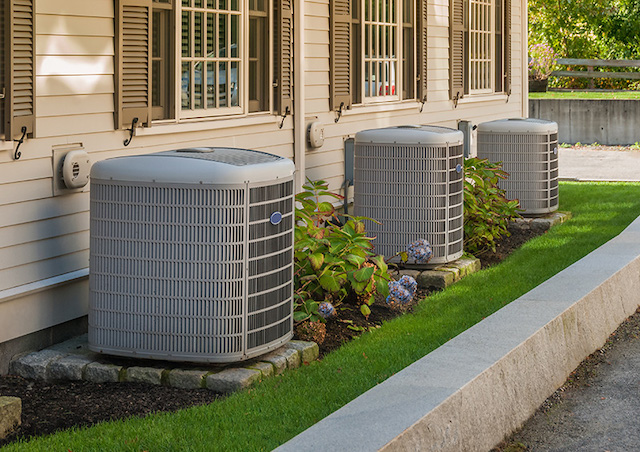
Understanding the Lifespan of Your Air Conditioning System
Introduction: An air conditioning system plays a vital role in keeping our homes and workplaces comfortable during hot summer months. However, like any mechanical equipment, air conditioners have a limited lifespan. Understanding the average lifespan of an air conditioning system and the factors that can affect it is crucial for homeowners and businesses to make informed decisions about maintenance and replacement. In this article, we will explore the lifespan of an air conditioning system and provide useful insights for prolonging its longevity.
Average Lifespan: On average, the lifespan of an air conditioning system ranges between 10 to 15 years. However, this can vary depending on various factors such as usage, maintenance, quality of installation, and environmental conditions. Proper care and regular maintenance can significantly extend the lifespan of your AC unit.
Factors Affecting Lifespan: a) Maintenance: Regular maintenance is essential to ensure your air conditioning system operates efficiently. Neglecting maintenance tasks like cleaning filters, checking refrigerant levels, and inspecting electrical components can lead to premature system failure.
b) Usage: The frequency and duration of AC usage play a significant role in determining its lifespan. Units that are constantly running or subjected to heavy usage may wear out more quickly compared to those used sporadically.
c) Quality of Installation: A professional and proper installation is crucial for the longevity of an air conditioning system. Poor installation practices can lead to inefficiency, increased strain on components, and potential breakdowns.
d) Climate and Environment: Environmental factors such as extreme temperatures, humidity levels, and exposure to corrosive elements can affect the lifespan of an air conditioner. Units located in coastal areas may experience faster deterioration due to salt air corrosion.
Signs of Aging and Replacement: Recognizing the signs that your air conditioning system is nearing the end of its lifespan can help you plan for a replacement before it completely fails. Some common indicators include frequent breakdowns, reduced cooling efficiency, increased energy consumption, strange noises, and the need for costly repairs. If your AC unit is more than 10 to 15 years old and exhibiting these signs, it may be time to consider investing in a new system.
Prolonging the Lifespan: While the lifespan of an air conditioning system is ultimately finite, there are steps you can take to maximize its longevity:
- Schedule regular professional maintenance to ensure optimal performance.
- Clean or replace air filters as recommended by the manufacturer.
- Keep the area around the outdoor unit clear of debris and vegetation.
- Avoid overworking the system by setting appropriate temperatures and using programmable thermostats.
- Consider installing a surge protector to safeguard your AC unit against power fluctuations.
Conclusion: Understanding the lifespan of your air conditioning system and the factors that influence it is crucial for effective maintenance and replacement planning. By providing proper care, regular maintenance, and recognizing signs of aging, you can extend the lifespan of your AC unit and enjoy optimal cooling comfort for years to come. Remember, consulting with a professional HVAC technician is always advisable for expert advice on maintenance, repairs, and replacement options.

